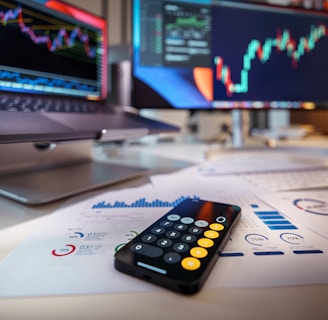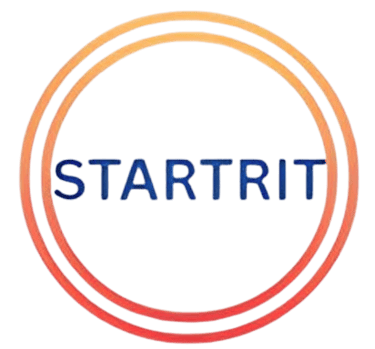Lights, Camera, AI! How Artificial Intelligence is Transforming Filmmaking
Explore how AI is transforming filmmaking—from scriptwriting and casting to VFX and marketing. Learn how artificial intelligence is becoming a creative partner in the movie industry’s next big leap.
Jayanee Sarkar
5/9/20253 min read


Imagine a filmmaker sitting at their desk, typing a prompt into an AI tool. The AI instantly suggests plot twists, character arcs, and even dialogue lines. This isn’t science fiction; it’s how modern filmmaking is evolving. AI is no longer just a tool in the background—it's now a creative partner, reshaping how movies are made from script to screen.
The Shift in Cinematic Creativity
The film industry has always been quick to adopt new technologies, from the first use of sound in The Jazz Singer to the groundbreaking visuals of Avatar. But the next wave of change comes from a much quieter force—Artificial Intelligence (AI). AI is no longer confined to tech startups and research labs; it's now a co-writer for filmmakers, reshaping how movies are made from script to screen.
This isn't just about automated editing or CGI (Computer-generated imagery) effects. AI is enabling filmmakers to unlock new creative possibilities, make data-driven decisions, and engage audiences in ways that were once unimaginable. The question is, how deep does AI's impact in the film industry go, and what does the future hold?




Looking Ahead: AI in the Director’s Chair
As AI technology advances, its role in filmmaking is set to expand. AI may take on an even more significant creative role, from scriptwriting to directing and editing. While AI isn't likely to replace human directors, it could eventually become a co-director, assisting in decision-making for creating a film.
Imagine an AI system capable of crafting entire storylines, guiding editing choices, or even directing scenes. The role of AI will only grow, enhancing the filmmaking process and opening up new creative possibilities.
Takeaway: The Future of Filmmaking with AI
AI is no longer just a tool in the background of filmmaking; it’s become an essential creative partner. From casting decisions to visual effects, editing, and marketing, AI makes filmmaking faster, more intelligent, and more innovative.
While AI will never replace the human creativity that brings emotion and depth to a story, its role in shaping the future of cinema is undeniable. As technology evolves, the partnership between AI and human creativity will unlock new possibilities in filmmaking.
So, what do you think—how far can AI take the art of film, and what incredible experiences will it help us create next?
Revolutionising Visual Effects: AI’s Impact on VFX Creation
AI is transforming the creation of visual effects (VFX), making it faster, more efficient, and cost-effective. In movies like The Jungle Book, AI algorithms were used to generate realistic jungle environments and track character movements for seamless animation. AI-powered VFX tools learn from past projects, enhancing efficiency and reducing production costs. This technology allows filmmakers to create stunning CGI worlds, simulating lighting, textures, and complex environments with greater ease, pushing the boundaries of creativity in film.
Marketing and Distribution: Predicting Success
AI's role in film marketing is revolutionizing how films are promoted and distributed. By analyzing social media trends, audience sentiment, and past box office performance, AI can predict a film's likely success before it's released.
AI tools can also create personalized movie trailers tailored to different audience segments. IBM Watson, for example, helped develop trailers for Morgan by analyzing the film's emotional tone and generating different versions aimed at various viewer demographics. This personalized approach allows films to get noticed by the right audiences.
Scriptwriting: AI as the Co-Writer
Filmmaking has always been about collaboration—directors, actors, producers, and editors working together to bring a story to life. Now, AI is becoming a part of that collaboration. AI tools like Script Book analyze scripts to predict their potential success by examining character arcs, pacing, and audience sentiment. But AI doesn’t stop at analysis—it can also help generate ideas and even draft entire scripts.
In 2016, the AI-driven short film Sunspring was created by a machine trained on hundreds of science fiction screenplays. The result was a strange but interesting script, showing AI's ability to assist with creative writing. While AI can’t replace human creativity, its role as a co-writer is growing, and it is increasingly used to generate ideas and shape narratives.
Casting Decisions: AI-Driven Insights
Casting the right actors is crucial in filmmaking, and AI makes the process more data-driven. Platforms like Cinelytic analyze actors' past performances, audience reactions, and social media to help filmmakers make smarter casting decisions. Instead of replacing the director's intuition, AI adds valuable insights, even predicting how an actor's involvement could impact a film’s box office performance.


